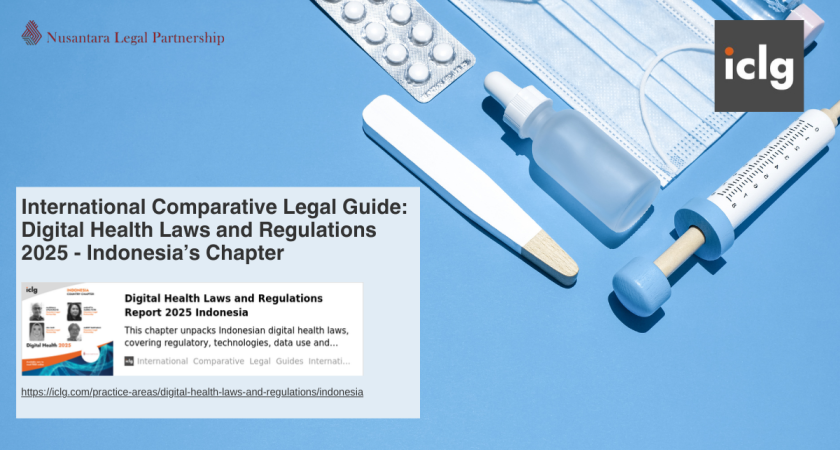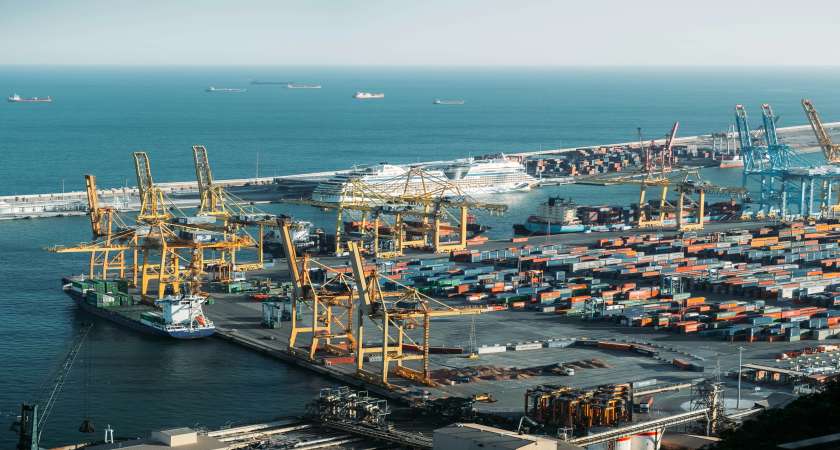As we enter the second half of 2025, we provide a brief look at the Indonesian market condition, allowing readers to better understand the Indonesian legal landscape and identify its strengths and deficiencies. Our new series of Indonesian Market Insights for this month of June 2025 covers four main issues, which are, (i) Investment, (ii) Law Enforcement, (iii) Technology, and (iv) Employment. We hope this article can be a guide to analyse and navigate the regulatory development and the current business environment in Indonesia.
Investment & Capital Market
Several major companies that have substantial operation in Indonesia, such as Sinarmas Landand Japfa Ltd., have decided to delist their shares from the Singapore Exchange (“SGX”). The decision is caused by several considerations, such as low stock valuations on SGX, limited liquidity, as well as high costs and regulatory burdens for such listed companies per their internal cost-benefit analyses. Such delisting of those major companies from SGX could present a benefit for the Indonesian market. If the Indonesia Stock Exchange (“IDX”) can strengthen its capital market ecosystem through improved liquidity, more competitive policies, and strong support of domestic investors, Indonesia could potentially take over SGX in Southeast Asia.
This situation may encourage companies that preferred overseas listings to reconsider IDX as the main home for their shares. However, the companies considering a return to or listing in IDX must anticipate further compliance checks from the Indonesian Financial Services Authority(OJK), particularly in corporate governance, information disclosure, and compliance with the IDX listing regulations.
Law Enforcement
In the first half of 2025, Indonesia encountered an increase in layoffs in some sectors, particularly manufacturing, e-commerce, and emerging companies. This situation is caused by many factors, including government spending cuts, post COVID recovery, increasing adoption of AI, and, other concerns on legal certainty. As an effort to ensure the legal certainty to attract foreign investors, the Indonesian government has increased efforts to eradicate unlawful mass organizations that have intimidated investors or companies in industrial areas. These groups are often linked to extortion, unlawful levies, and intimidation tactics, particularly targeting the construction, manufacture, mining, and plantation sectors.
The government cites Law No. 17 of 2013 on Mass Organizations and the Indonesian Criminal Code to revoke the status of an unlawful Mass Organization and prosecute individuals engaged in violent actions towards businesses. Additionally, the police and the Coordinating Ministry for Political, Legal, and Security Affairs have carried out joint operations with regional governments to ensure the enforcement and legal certainty for domestic and foreign investors.
Technology
The Indonesian Government has intensified preparations for establishing the Data Protection Authority (“DPA”) as mandated under Law No. 27 of 2022 on Personal Data Protection (“PDP Law”). Article 58 of the PDP Law stipulates that a dedicated supervisory agency shall be formed by the President to oversee the implementation and enforcement of personal data protection in Indonesia. DPA will be an independent agency reporting directly to the President and will have a broad authority, including conducting investigations, issuing administrative sanctions, and monitoring compliance. In early 2025, the government is in the process of drafting the Presidential Regulation regarding the structure and function of DPA. Once established, DPA will be responsible for issuing technical guidelines and supervising all controllers and processors of personal data in Indonesia.
Employment
In response to the rising unemployment throughout the first half of 2025, the government has taken steps to expand labor market access, one of which is the removal of the maximum age requirement for job seekers applying for positions in the public and private sectors. This was formalized through the Minister of Manpower (“MoM”) Circular Letter No. M/6/HK.04/V/2025 on Prohibition of Discrimination in the Process of Job Recruitment, which instructs employers not to impose age limits on job applicants unless such requirement can be justified by the nature of the job. In light of this, companies have to revise their recruitment requirements to avoid MoM’s administrative sanctions.
In a separate employment matter, to maintain the purchasing power of workers to meet their basic living needs, the Government of Indonesia was also providing assistance in the form of wage/salary subsidies (“BSU”) through the enactment of MoM Regulation No. 5 of 2025 regarding Amendments to MoM Regulation No. 10 of 2022 on Guidelines for the Provision of Government Assistance in the Form of Wage/Salary Subsidies for Workers/Labourers (“MoM Reg. 5/2025”). In this context, workers are entitled to receive BSU from the government amounting to IDR 300,000 (three hundred thousand rupiah) per month, disbursed in a lump sum for two months (Article 6 paragraph (1) of Mom Reg. 5/2025), if they meet the following requirements as stipulated in Article 3 paragraph (2) of MoM Reg. 5/2025:
- These workers are Indonesian nationals;
- They Participate in the employment social security program of the Social Security Administration Agency for Employment (BPJS Ketenagakerjaan) up to April 2025; and
- Each of them has a monthly salary of not more than IDR 3,500,000 (three million five hundred thousand rupiah).
Please note that BSU is not applicable to civil servants, the army, and the police. It only applies to workers of the private sector (Article 3 paragraph (3) of MoM Reg. 5/2025)
The article above was prepared by Audria Putri (Senior Associate) , Muh. Irfan Yusuf (Associate) , and Albert Barnabas (Trainee Associate) .









